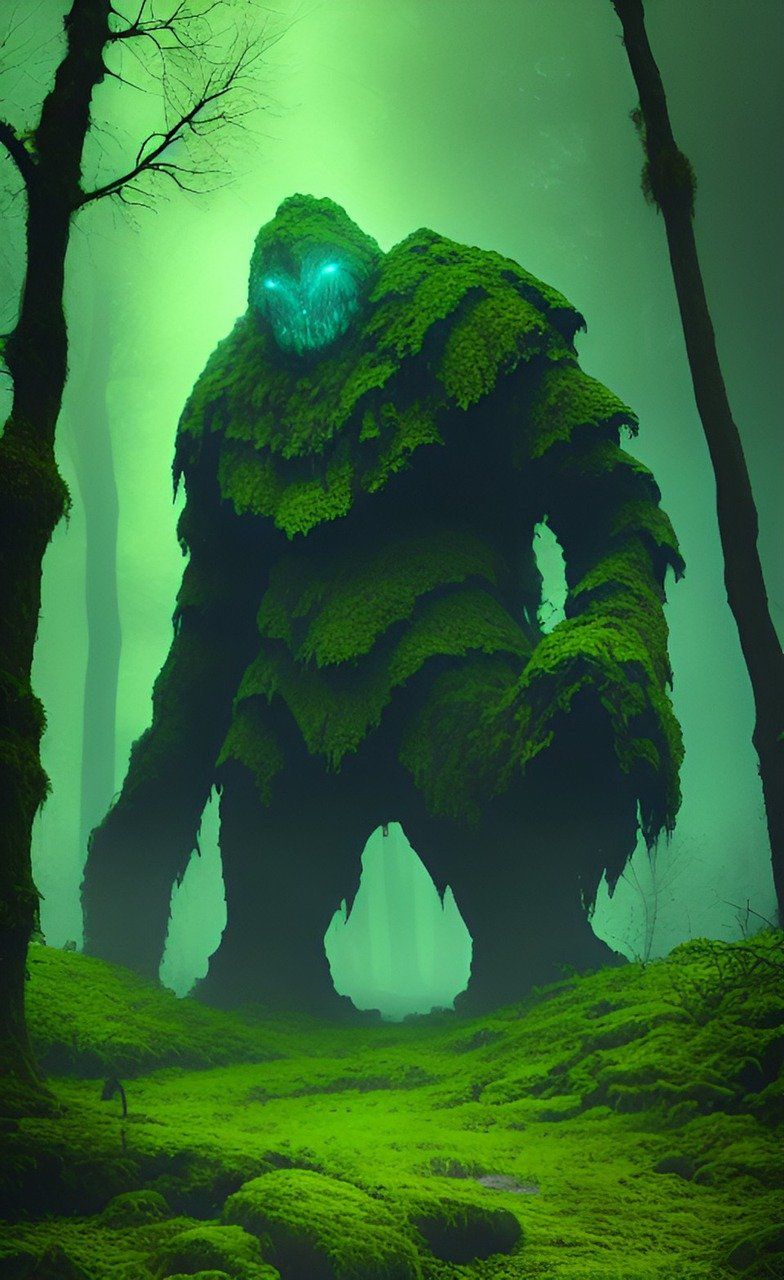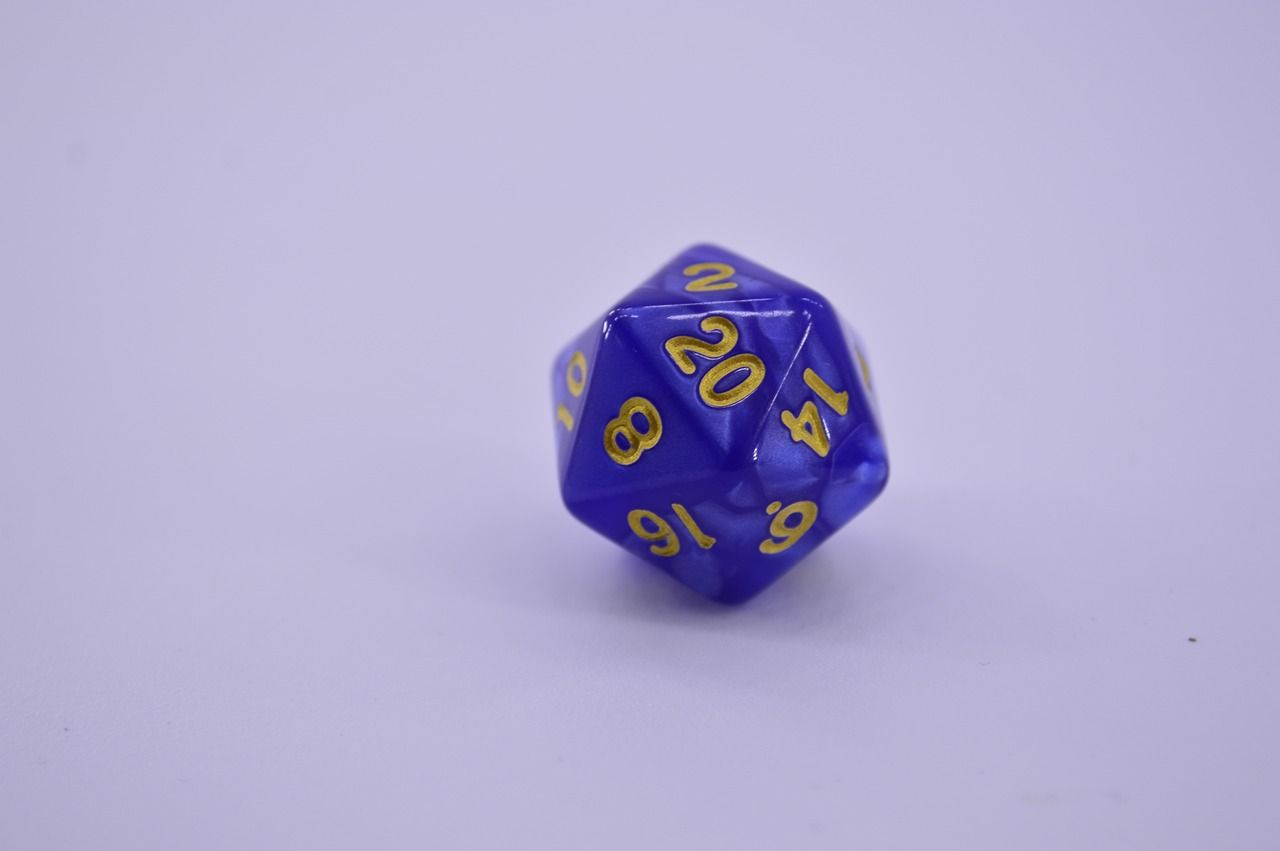Dungeons and Dragons is, at its core, a social game, and throughout its history has seen many iterations. I talk a lot about D&D and its many benefits to myself and the wider community of players. There are those out there who feel that playing in-person is the number one way to get the most out of D&D, but there are many benefits to playing online. And if you’re wondering how to play D&D online, I’ve got some tips.
I am very fortunate because I play in-person in the high school library that I manage, and online with some truly amazing adults once a week.
In my opinion, playing online can generate the same feeling of camaraderie and nostalgia that playing in person creates. Playing online is also easier for many people. The adults I play with are spread out across England, Ireland, and Canada, so it’s a huge thrill to be able to connect with them online to play this amazing game.
This article is going to highlight some of the best places to play D&D online and tips on how to host a game for people who you already know. I’m also going to provide as many tips and hints as I can think of in order to make your online Dungeons and Dragons experience more engaging and fun!
The following tips for how to play D&D online and host an online session will apply no matter which platform you use. My advice is to have these things ready before the session begins to save time and frustration on your part.
Use Images
Using images to help describe a scene or a simple setting can really make the adventure come alive. I love using images because they can also create a sense of dramatic tension or shock when you reveal them to your players. When using images, there are great copyright-free places like Pixabay that can help frighten, entertain, or shock your players!
Maps are also crucial, in my opinion, there are lots of resources out there that offer maps at a very reasonable price. Maps ensure there are no unanswered questions as to what is going on and where, especially in combat, when things can get hectic and confusing if you don’t have a map to go by.

Use Music
I cannot tell you how important this is. In my opinion, providing a soundtrack to your players’ game adds a tremendous amount to their playing experience. Sites like Roll20 have their own built-in jukebox feature, and there are tons of other resources out there that provide stunning background music for you and your players. My advice is to always have a few sounds ready to go; these include battle music and tavern music, because chances are your players will experience both of those things in a session!
To Video or Not to Video
I currently do not use video when I play Dungeons and Dragons online. There’s no real reason for it, if I’m being honest. It’s just the way that I’ve run it since day one, and I’ve just carried on that way. If the other players decided they wanted to be on camera, I’d be fine with it. Some players prefer to see the facial expressions and gestures of the players to fully comprehend their actions and intentions. It’s up to what you and your players are comfortable with.
Here are some sites and apps you can use to play Dungeons and Dragons online:
Roll20
Roll20 is probably the most popular site for playing D&D online. What’s great is that it is free for its basic use, and that is often enough for most people. It has a built-in video and chat function, so everything is there to use, including a built-in character creation tool. In my opinion, there is a fairly large learning curve, and even after four years of using it, I could still learn more.
However, it is a lot of fun and can really make your game come alive. You can import existing D&D modules, games, homebrews, and characters into the system to ensure you and your players get the most out of your session.


Discord
Discord is a great choice for playing D&D online because it’s free, and it has a chat and video function all built in. In addition, you can create multiple channels to keep track of loot, quests, NPCs, and more.
You can also invite players over to different chat channels if you need to discuss things for their characters that you don’t want the other players to hear. Discord is perfect for playing D&D using a theatre-of-the-mind approach.
D&D Beyond
It’s hard to beat D&D Beyond, as it’s officially connected to Wizards of the Coast and has everything D&D, including a campaign builder, encounter creator, and every item, monster, and interaction you can think of. But anything outside of the Player’s Handbook must be purchased, which is something to think about.
What is great is that there is also space for people to create their own homebrew items that others can interact with; this is something that I find extremely helpful.
I hope your D&D online experience is fun and engaging. As long as you are with great people and remember that it’s a wonderful game with no real-life consequences, you don’t need to worry about anything but having fun!
